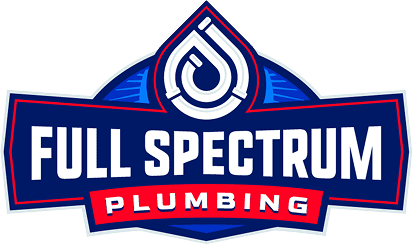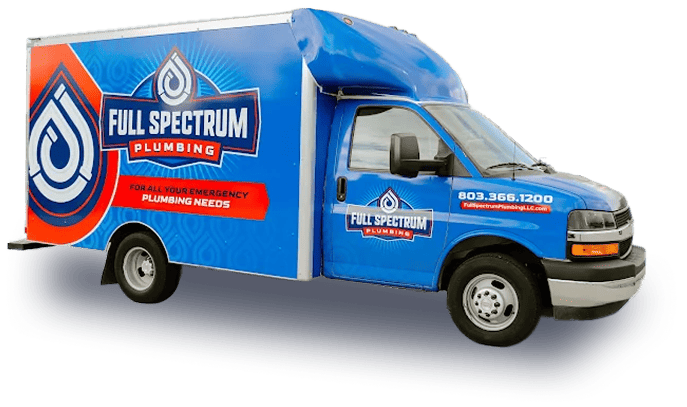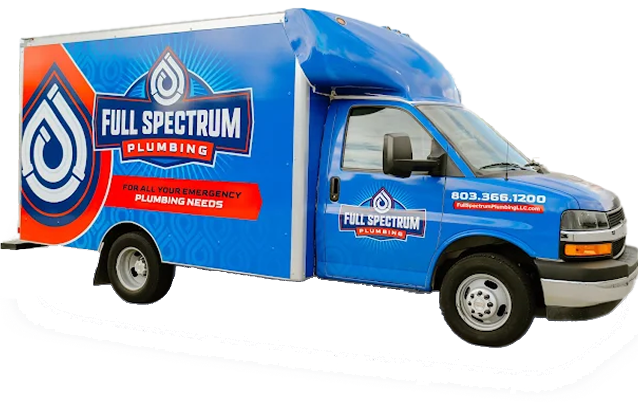Proudly Serving Rock Hill and Surrounding Areas
Safe & Accessible: A Guide to Installing Showers for the Elderly and Disabled
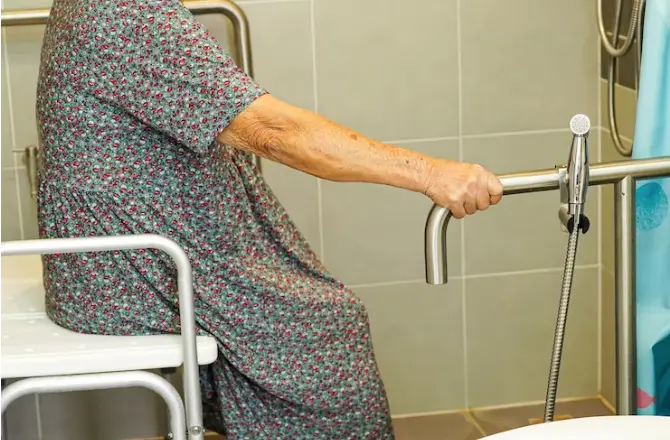
Safe & Accessible: A Guide to Installing Showers for the Elderly and Disabled
[/fusion_title][fusion_text]At Full Spectrum Plumbing Services, we understand the importance of creating safe and accessible spaces for individuals with mobility challenges. As we age or face disabilities, everyday tasks like taking a shower can become daunting. That’s why we’ve put together this comprehensive guide to help you understand the essential considerations and options for installing showers that cater to the needs of the elderly and disabled.
Assessing Needs and Preferences:
The first step in creating a safe and accessible shower space is to understand the unique needs and preferences of the individual. Factors such as mobility limitations, balance issues, and any assistive devices they use should be taken into account. Additionally, consider their preferences regarding shower types, such as walk-in showers, roll-in showers, or seated showers.
Non-Slip Flooring and Grab Bars:
To prevent slips and falls, non-slip flooring is a must. Tiles with textured surfaces provide traction and reduce the risk of accidents. Installing grab bars strategically in the shower area offers much-needed support for stability. These bars can be positioned near the entrance, along the walls, and even vertically to assist with standing or sitting.
Curbless Entry and Roll-In Showers:
For those who use wheelchairs or have difficulty stepping over curbs, a curbless entry or roll-in shower is an excellent choice. These showers eliminate the need to navigate a raised threshold, making entry smooth and safe. Roll-in showers have enough space for a wheelchair to maneuver comfortably, ensuring a hassle-free bathing experience.
Seating Options:
Incorporating a shower seat is beneficial for individuals who cannot stand for long periods. A fold-down seat attached to the wall allows them to sit while showering. This feature not only promotes safety but also provides comfort and independence.
Adjustable Showerheads:
Adjustable showerheads are a simple yet effective addition to an accessible shower. They can be moved up or down to accommodate various heights and preferences, ensuring that water flow is directed precisely where it’s needed.
Handheld Showerheads:
Handheld showerheads offer flexibility and ease of use. They can be detached from their holder, allowing individuals to control the direction of the water spray. This is particularly beneficial for those with limited mobility as it eliminates the need for excessive movement.
Anti-Scald Devices:
Elderly and disabled individuals may have reduced sensitivity to temperature changes, making them more susceptible to burns. Installing anti-scald devices helps regulate water temperature and prevents sudden hot water bursts, providing an extra layer of safety.
User-Friendly Controls:
Opt for easy-to-use and intuitive controls that are clearly labeled. Lever-style faucets are simpler to operate than traditional knobs, making it easier for individuals with arthritis or limited hand dexterity to adjust water temperature and flow.
Proper Lighting:
A well-lit shower area is essential to prevent accidents. Proper lighting reduces shadows and enhances visibility, making it easier for individuals to navigate and maintain their balance. Consider installing bright and glare-free LED lighting fixtures.
Accessible Storage:
Shower accessories and toiletries should be within easy reach. Install shelves, niches, or hanging baskets at an appropriate height to ensure that individuals can access their personal items without straining or reaching.
At Full Spectrum Plumbing Services, we believe that everyone deserves a safe and enjoyable shower experience, regardless of their age or physical abilities. By incorporating thoughtful design elements such as non-slip flooring, grab bars, seating options, and adjustable fixtures, you can create a shower space that caters to the specific needs of the elderly and disabled. Remember, each individual is unique, so it’s essential to consult with a professional to design a personalized solution that promotes independence, safety, and comfort. Together, we can transform bathrooms into havens of accessibility and inclusivity.
Common Questions That You Might Want Answers To:
Creating an Accessible Shower for the Elderly:
- Assess Individual Needs: Understand the specific mobility challenges and preferences of the elderly person.
- Non-Slip Flooring: Install textured tiles to provide traction and prevent slips.
- Grab Bars: Position sturdy grab bars strategically for stability and support.
- Curbless Entry or Roll-In Showers: Opt for curbless designs or roll-in showers to ease entry.
- Shower Seat: Include a fold-down shower seat for comfort and safety.
- Adjustable Showerheads: Install showerheads that can be adjusted for height and direction.
- Handheld Showerheads: Offer flexibility for those with limited mobility.
- Anti-Scald Devices: Ensure temperature regulation to prevent burns.
- User-Friendly Controls: Choose easy-to-use faucet controls with clear labeling.
- Proper Lighting: Install bright and glare-free lighting for visibility.
- Accessible Storage: Place shelves or niches at reachable heights for convenience.
Choosing the Best Shower Type for the Elderly:
- Walk-In Showers: Low threshold entry, suitable for those with minimal mobility issues.
- Roll-In Showers: Wheelchair accessible, ideal for individuals using mobility aids.
- Seated Showers: Include built-in seating for those who cannot stand for long periods.
- Handheld Showerheads: Provide flexibility and ease of use.
- Adjustable Fixtures: Opt for fixtures that cater to different heights and preferences.
Cost of Shower Installation:
- Basic Walk-In Shower: Costs can range from $1,500 to $5,000 depending on materials and labor.
- Roll-In Showers: Generally more expensive due to larger space requirements and accessibility features.
- Luxury Options: Custom designs with premium materials can cost upwards of $10,000.
- Factors Influencing Cost: Size of the shower, materials used, complexity of installation, and any additional features.
Necessity of a Plumber for Shower Installation:
- Expertise: Plumbers have the knowledge and experience to ensure proper installation.
- Water Supply and Drainage: Plumbers handle the connection of water supply lines and drainage systems.
- Code Compliance: Plumbers ensure that the installation adheres to local plumbing codes and regulations.
- Leak Prevention: Proper sealing and connection are crucial to prevent leaks and water damage.
- Efficiency: Professional plumbers can complete installations efficiently, saving you time and hassle.
Incorporating accessibility features into a shower for the elderly requires thoughtful planning and attention to detail. By addressing individual needs, choosing the right shower type, and considering factors such as cost and the involvement of a plumber, you can create a safe and comfortable bathing space that promotes independence and well-being. At Full Spectrum Plumbing Services, we’re here to assist you every step of the way, ensuring that your shower installation meets the highest standards of quality and accessibility.
[/fusion_text][/fusion_builder_column][/fusion_builder_row][/fusion_builder_container]Recent Posts

Common Plumbing Problems Charlotte Homeowners Face Each Year

How Charlotte NC Residents Can Protect Their Homes From Winter Pipe Damage
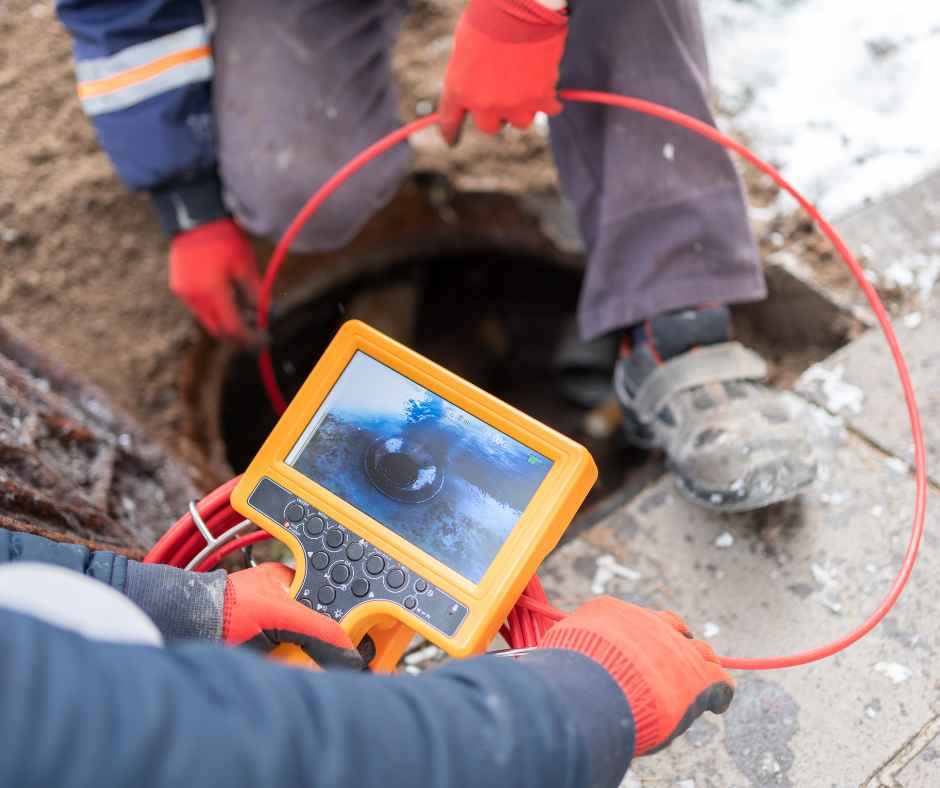
How to Recognize a Sewer Line Problem Before It Damages Your Home
Have a Question?
